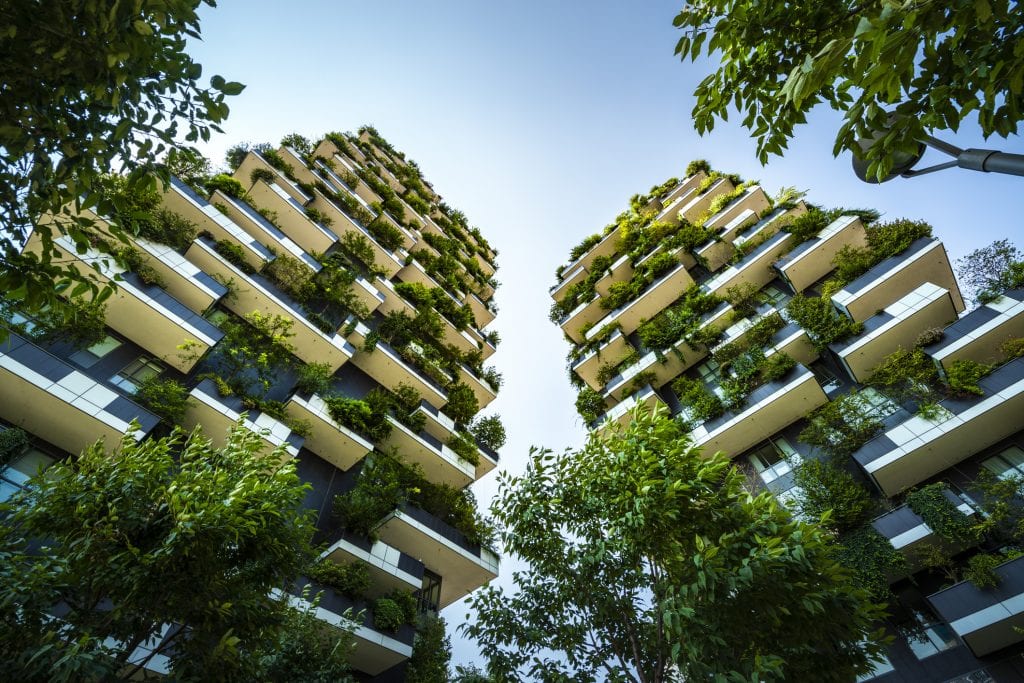The training needed to respond to today’s ecological realities is often seen as technical, from skills in green building design to electric vehicle infrastructure development to environmental restoration.
However, as students in Michael Bourke’s BCIT Applied Ethics class come to learn, technical skills can be just the beginning of their journey. “For the first two years, architecture students for instance are steeped in design and their learning is highly technical,” says Michael, “in their third and fourth years, they start thinking about ecological and sustainability issues.”
As the first course of its kind taught at BCIT, Applied Ethics engages students in issues surrounding a number of case studies, while encouraging students to develop their analysis specific to their field of study.
Economics, politics, justice, and equity are some of the systemic issues that weave in to the questions that Bourke’s students wrestle with through the course. Students in this recent semester, for example, explored the ethical implications of imposing a “green code” on developers and architects.
While it may seem like a simple question, as the students discovered, the role of green buildings isn’t as cut and dry as it might seem. From the behaviour of occupants, to the impacts on transportation patterns, and other intersections with wider societal patterns, the prevalence of green building technology has far-reaching implications.

Over the past few years, BCIT has developed several other ethics courses with environmental sustainability as a central theme, including: Technology and Society (LIBS 7007); and Sustainable Business Ethics (LIBS 7023), which focuses exclusively on environmental issues. As with the original Applied Ethics course, students are encouraged to consider environmental sustainability in a way that is grounded in a broader cultural context.
Through seminars and organized debates, students are encouraged to explore the very foundation of thinking that underpins their viewpoints. As the Liberal Studies Program Head, Michael along with other instructors believe these courses have an important role to play in students’ learning by providing an opportunity to step back and reflect on the bigger picture.
“One of the benefits of liberal studies courses,” he says, “is that they look at problems from the perspective of the humanities and social sciences,” which links topics with other fields they might not otherwise study.
“There are fairly continual aha moments,” says Michael, adding that, “the educational traffic goes in both directions,” with students deepening their own learning as they explain to him technical aspects of their discipline in lay terms.
“The perspectives are really remarkable,” he explains. “Students take the theories they’ve learned and apply them in a debate, with the topics updated to relate to what’s happening in their field. We want to introduce students to a variety of points of view so that they develop intellectual openness and avoid dogmatism.”

This means that the case studies introduced each week are often controversial, “There’s bound to be people who gravitate to one position,” he says, “we encourage them to empathetically relate to each other’s point of view rigorously but respectfully.”
“There’s lots of room for students to be imaginative and innovative with how they apply the theories and their own interests as budding architects and technicians,” says Michael, who emphasizes that the skills taught in ethics courses, such as verbal and analytic reasoning, problem solving and critical thinking, enable students to be strong but also self-reflective advocates for the issues they care about.
Have you subscribed? Sign-up to receive the latest news on BCIT.
This story is part of the monthly Countdown to Ecocity 2019 series, which highlights BCIT’s leadership in the face of today’s complex environment challenges. This initiative supports the Ecocity Standard for a Healthy and Equitable Economy, which considers how to promote and cultivate economic activities that reduce harm, benefit the environment, and bring local, equitable employment opportunities for all.
Learn more about BCIT’s role as host of the Ecocity World Summit in 2019.
